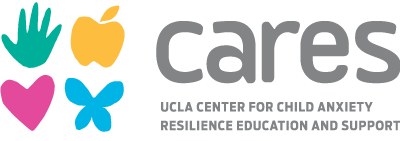How often do you complain aloud to your family about your own stress? Though it may seem counter-intuitive, voicing your own struggles with daily stress may be the best way to help your child recognize and manage their own.
Everyone feels stress, children and adults alike. As with other chronic health conditions, stress can and should be managed on a regular basis to prevent buildup. The goal for everyone is for daily stress not to become chronic or toxic stress.
It’s important to be able to identify how stress presents itself.
Stress for adults can look like: oversleeping or insomnia, fatigue, overindulgence (in food, drink, screen time, exercise), irritability, disinterest, disconnection, and checking out.
Stress for teens can look like: oversleeping, fatigue, avoidance (of school, of friends, of homework), irritability, mood swings, distraction (with TV, alcohol or drugs, gossip, social media overuse).
Stress for younger kids can look like: tantrums and meltdowns, difficulty sleeping, difficulty separating from parents, distraction (with TV and other screens), avoidance (of chores, of homework), and inattention.
An attuned parent can help their child through many of life’s challenges. Parents can step in as emotional coaches by modeling stress-reducing practices. Parents should be careful not to share all the details of their own stressors with their children. It can be more helpful to name what is worrying you and then tell your child what strategy you will use to manage it. For example:
- One might say: “I had a very difficult day at work, so I’d like to chill out in front of a funny movie. Anyone want to join me?”
- Or: “I’m really worried about making a good impression at my upcoming conference. I think a hike might help me relax a little.”
- Parents can ask their kids to teach them a trick to relax or calm down, such as deep breathing, listening to a favorite song, or playing with a favorite pet.
These types of activities not only help kids understand that everyone faces stressors, but also to see successful stress reduction techniques in action. A parent discussing their own feelings will help open up the conversation about what kids are feeling.
Portions of this post originally appeared in an article published in Slate Magazine.
Written by
Catherine Mogil, PsyD and Kate Sheehan, LCSW

